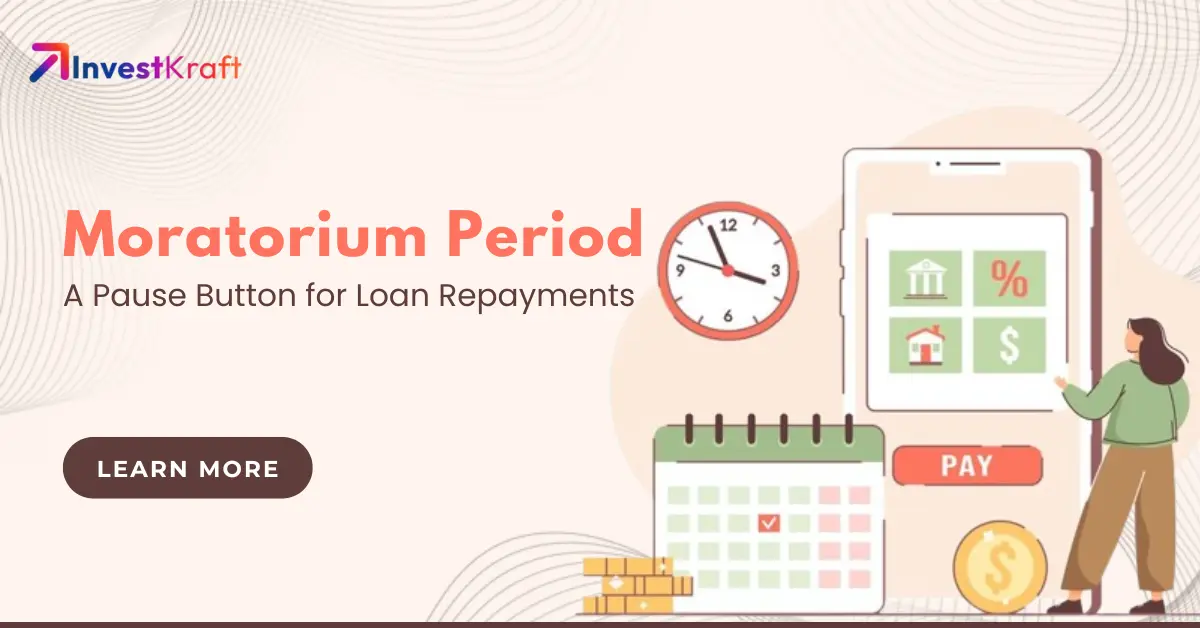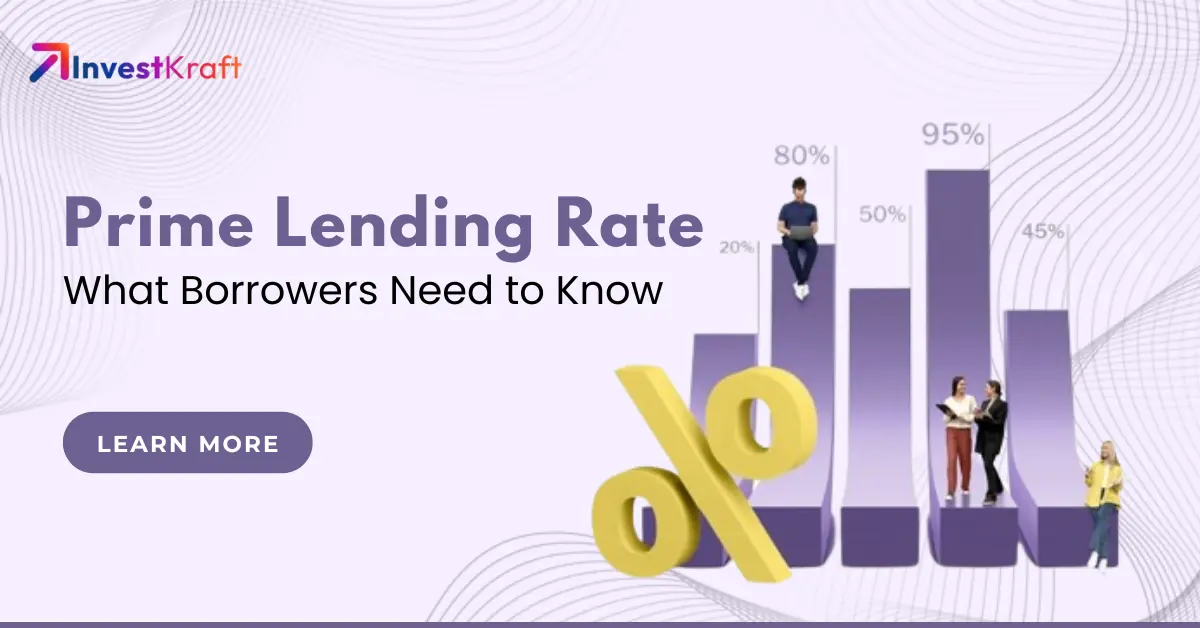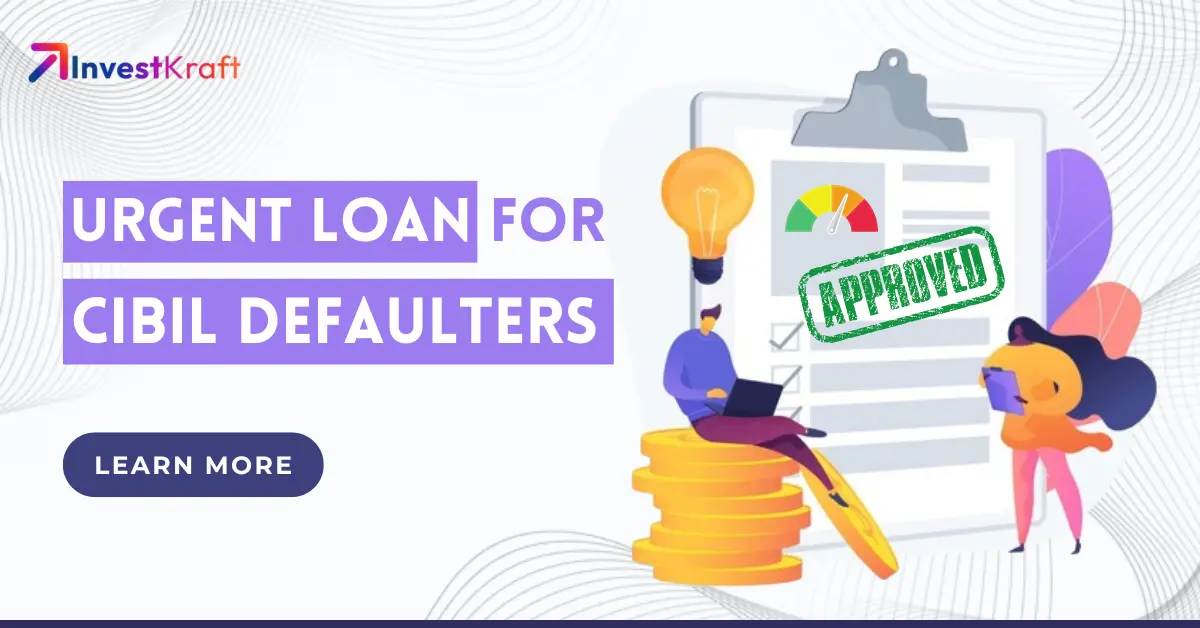Tax Benefit on Personal Loan: How to Avail Tax Benefits?

Tax Benefit on Personal Loan: How to Avail Tax Benefits, In today’s world, if you are either a salaried employee or an emerging business entrepreneur, chances are bright that, you receive at least 10 calls a day from various bank executives at times visiting you to meet in person with an offer to avail of Personal Loan from their institute. Some of them might even lure to approve up to Rs 30 Lakhs as a special case. It is high time now to know what a personal loan is.
True to its name, personal loans are available to cater to one’s private financial requirements, be it for an initial or an add-on investment in a business, handling an unforeseen medical emergency, renovating a home, pursuing education, seeking a much deserving holiday or covering the expenses of a wedding.
Personal Loans are easy to obtain but once sanctioned, the lenders turn Shylocks charging a comparatively higher interest rate as these loans are unsecured, and have a shorter repayment term and minimum eligibility criteria. Many individuals have a question in their mind introspecting, whether there are any tax benefits associated with personal loans, and in this paper, we'll address that query in simple terms.
Understanding Personal Loans
In India, personal loans serve as a versatile financial tool to meet various needs, such as medical expenses, holiday travel, education, investment etc. Personal loans come with flexible utility, need minimal paperwork, and often don’t need collateral.
Due to these unique features, interest rates on personal loans are naturally slightly higher than the other conventional loans such as housing loans, car loans, and education loans etc. Hence, it is essential to understand not only the financial aspects but also the potential income tax benefits associated with it.
Income Tax Benefits On Personal Loans
At the outset, if a Chartered accountant is consulted regarding the Income Tax benefit on Personal Loan availed; his answer would be a Firm No, as there are no specific tax benefits on a personal loan in plain terms. However, we have identified a few scenarios where you can claim tax benefits on a personal loan in India. However, the purpose for which you availed loan along with evidence determines whether you are eligible or authorised to claim exemption.
Segments Under Which You Can Claim Tax Exemption
1. Home Renovation
If renovation or repair of your home is the motif behind availing a personal loan, then Section 24(b) of the Income Tax Act enables you to claim a deduction of up to an amount of Rs. 30,000 per year on the interest paid by you on a personal loan.
2. Home Purchase Or Construction
If the purpose of your taking a personal loan is either the purchase or construction of a house and if the house is utilised for self-occupancy, it enables you to claim an interest deduction of up to Rs. 2,00,000/-. The same thing is however not applicable if the said house is rented out.
3. Education Expenses
In case the personal loan is availed towards meeting the expenditure towards Education of yourself or your spouse or children, the act enables you to claim tax deductions under Section 80E. This deduction can be claimed either for a maximum period of eight years or until the loan is repaid, whichever is earlier.
The amount of deduction allowed is the total interest part of the EMI paid during the financial year. There is no limit on the maximum amount of deduction. However, the individual needs to obtain a certificate from the concerned Bank. It is to be noted that only interest paid will be allowed as a deduction. No Tax benefit is allowed for the principal repayment.
4. Setting Up A New Venture or Business
If you are sanctioned a personal loan to start a business or invest in a business, Section 37 of the Income Tax Act allows you to avail certain exemptions in claiming deductions on the following expenses incurred:
- Advertisement expenses: The cost of advertising products or services in any media for the business and profession.
- Legal expenses: Fees paid to lawyers, solicitors, advocates, etc., for obtaining legal advice or services related to your business or profession.
- Interest on borrowed capital: Interest paid on loans taken for the purpose of your business or profession as a deduction from your income.
- Payment of wages to employees: Salary paid to taxpayer employees or to the firm's partner by the firm.
- Penalty payments: Expenditure that is not capital in nature and is incurred purposefully for the business or profession.
- Expenditure incurred on raising loans: Legal expenses incurred for raising loans, such as brokerage, stamp duty, registration charges, and other sundries
In order to encourage the Make in India Programme and encourage Start-Ups, the government has provided tax Exemption on Long-term capital gains under section 54 EE. All Start-Ups get their tax exempted on a long-term capital gain if such a long-term capital gain or a part thereof is invested in a fund notified by the Central Government within a period of six months from the date of transfer of the asset.
The maximum amount that can be invested in the long-term specified asset is Rs 50 lakh provided such amount shall remain invested in the specified fund for a period of 3 years. The government as an incentive has also exempted the tax being levied on investments above the fair market value in certain eligible start-ups.
5. Medical Treatment
Certain medical ailments for which the personal loan is utilized enable the borrower to get the tax benefit for treatment either for self or dependents. Several conditions such as the nature of the disease and the age of the patient are taken as the criteria. The interest paid qualified for deduction under Section 80DDB.
Section 24 Income Tax Benefit On Interest On Personal Loans
Section 24 of the Income Tax Act pertains to certain guidelines on certain exemptions on deductions, from interest that an individual pay on home or property loans. The government considers housing to be one of the most important basic needs as well as an asset, and many investments towards your first home are exempted from tax payments. This is an important section that allows you to claim exemptions on the interest you pay on a home loan. Let’s know more about section 24 income tax benefit on interest on personal loan in the below section.
Under the Head Of "Deductions from Income from House Property"
Section 24 provides a valuable tool for individuals seeking to improve their homes through personal loans. This provision recognizes the evolving financial landscape, where personal loans are increasingly utilized for specific purposes such as home improvement. By aligning the usage of personal loans with the guidelines of Section 24, individuals besides upgrading their living spaces benefit from tax deductions, thereby making the entire process more financially viable in favour of the borrower.
Income Tax Act Section 24 plays a pivotal role in providing relief to individuals availing personal loans for specific purposes, such as the renovation of a home, or investing in a new house purchase. In order to avail offers or deductions on the interest paid on such loans, the mortgagor must abide by certain terms and conditions. This act traditionally associated with home loans, extends its influence to personal loans when the borrower utilises funds for renovation, repair, improvement or purchase of a home.
The only eligible criterion for availing the benefits is that the taxpayer must be the owner of the property for which the renovation or improvement is being undertaken. This ensures that the individual claiming the deduction has a direct stake in the property and is personally invested in its enhancement. The act ensures the individual claims a deduction to the tune of up to Rs. 30,000 Per annum on interest, thereby reducing the taxable income and overall tax liability. However, Individuals must be in possession of all the records pertaining to the sanction of the personal loan agreement, proof of utilization of funds for home improvement, and details of the interest paid.
Is Interest on Personal Loan Deductible?
In line with the exemptions claimed for loans availed on home or education, individuals can strategically explore other tax-rebate options, such as renovation or repair your home empowers you under Section 24(b) of the Income Tax Act to claim tax rebate up to an amount of Rs. 30,000 per year on the interest paid by you on personal loan.
Similarly, home purchase or construction enables you to claim a tax rebate of up to Rs. 2,00,000/-. Thorough knowledge of existing Income tax-saving investments and tax rebates ensures individuals optimize their financial strategy while also being aware of any potential tax rebates applicable to different loan types.
Key Points to Be Noted
- Owning the Property for which the renovation or improvement is being undertaken and ensuring that the individual is personally invested in its enhancement.
- Rs. 30,000 Per Annum is the maximum deduction limit. This means that the interest component of the personal loan can be subtracted from the total income. This reduces taxable income and, overall tax liability.
- Loan claimed must be utilized for Home Renovation or Improvement covering issues such as repairing a leaking roof, upgrading the kitchen, or adding an extra room.
- It is crucial for the mortgagor to, maintain meticulous documentation while claiming. Individuals must be in possession of, proof of utilization of funds along with details of the interest paid.
- Act 24 of INCOME TAX known hitherto for home loans gets the extension of its benefits to personal loans as well for home improvement. However, it's important to recognize that the maximum deduction limit for personal loans under Section 24 is comparatively lower than that for home loans, under Section 24.
The Conclusion
Section 24 serves as a valuable tool for individuals seeking to enhance their homes through personal loans. The provision provides easy access to personal loans for home improvement. It enables individuals not only to upgrade their living spaces but also benefit from tax deductions, thereby making the entire process more financially prudent.
Verify Phone Number
Related Post
.webp)
Top Instant Personal Loan Apps in India 2025: Get Fast Cash with These RBI-Approved Apps
Need money today? No time for bank visits and paperwork? Welcome to 2025, where your smartphone is y...
Read more...
How Does the Moratorium Period Act as a Life Raft for Borrowers?
Financial jargon, whether taking a loan or opening a bank account, can be confusing and tricky. Thes...
Read more...
New to Credit? Stop Worrying and Build Your Credit with These Essential Tips
Establishing and maintaining a healthy credit score can seem overwhelming, particularly for new borr...
Read more...
Prime Lending Rate: A Friend or Foe for Borrowers?
When purchasing items on credit, it is common to need a financial investment and many turn to loans...
Read more...
Guide on How to Get Loan with Bad CIBIL Score
If you happen to be one of those people who want a loan but got turned down by banks for reasons lik...
Read more...
How To Get A Rs.1 Lakh Personal Loan in India?
A personal loan serves as a valuable lifeline for individuals in need of quick funds. One of its mos...
Read more...
Advantages and Benefits of Choosing Instant Personal Loan
Advantages and Benefits of Choosing Instant Personal Loan, For a majority of people, arranging...
Read more...
How To Get a Personal Loan for a CIBIL Score of 550 to 600?
How To Get a Personal Loan for a CIBIL Score of 550 to 600, When it comes to meeting any urgent fina...
Read more...
Top Alternative Investments Promising Double-Digit Returns
Top Alternative Investments Promising Double-Digit Returns: For the majority of people these days, s...
Read more...
How to Get Instant Personal Loan Without CIBIL Score?
Getting a personal loan without CIBIL score is now possible, even if you do not have a CIBIL score....
Read more...Reach out to our Experts if you have any Doubts
Like the best things in life, Consultations @InvestKraft are free
Drop a Mail or give us a Missed Call & Begin your Investment Journey here







